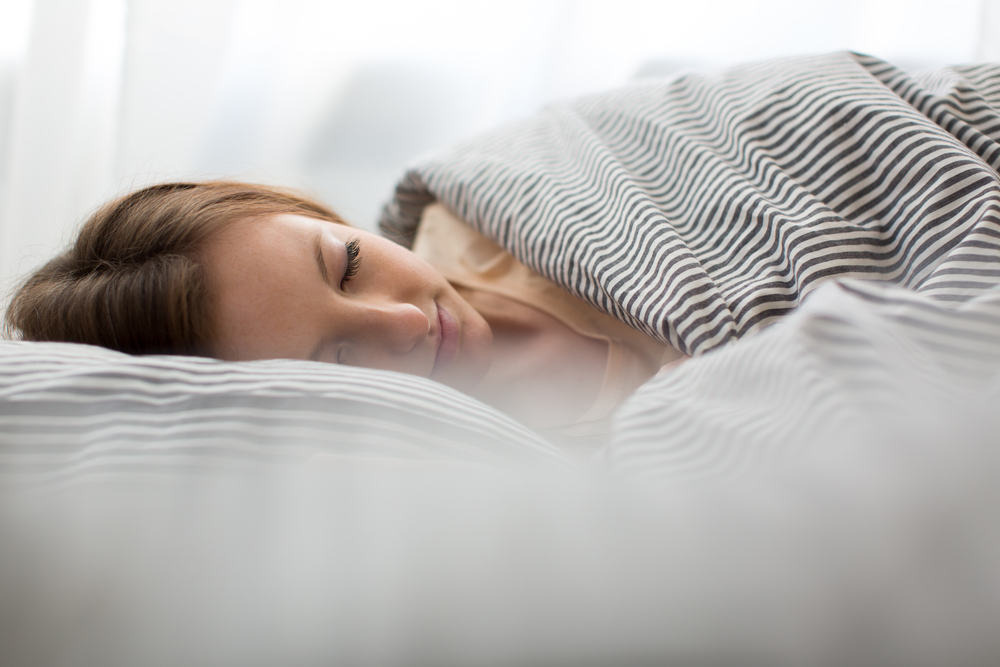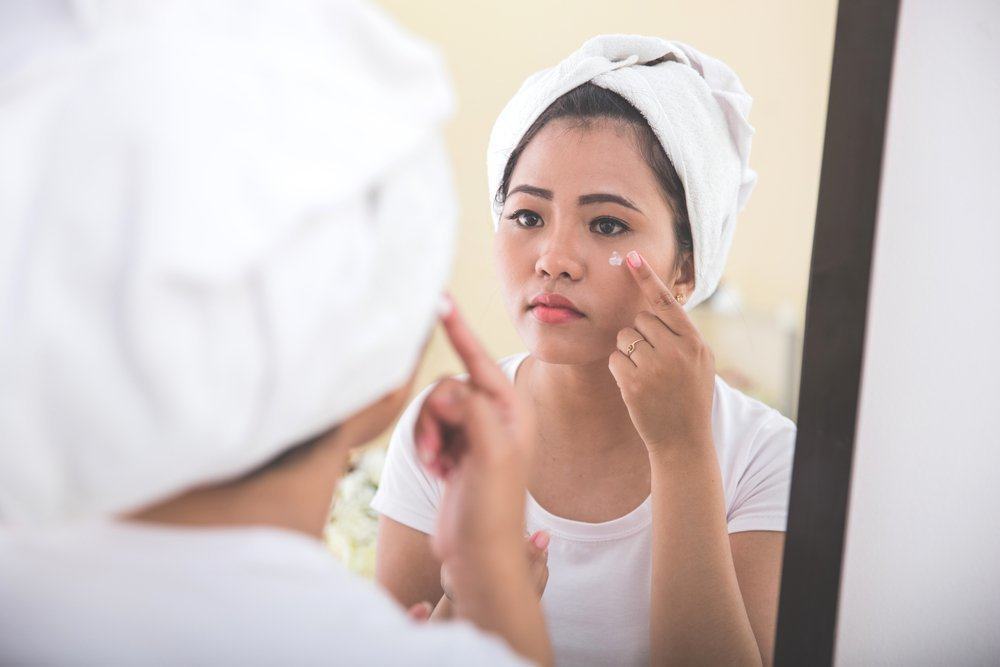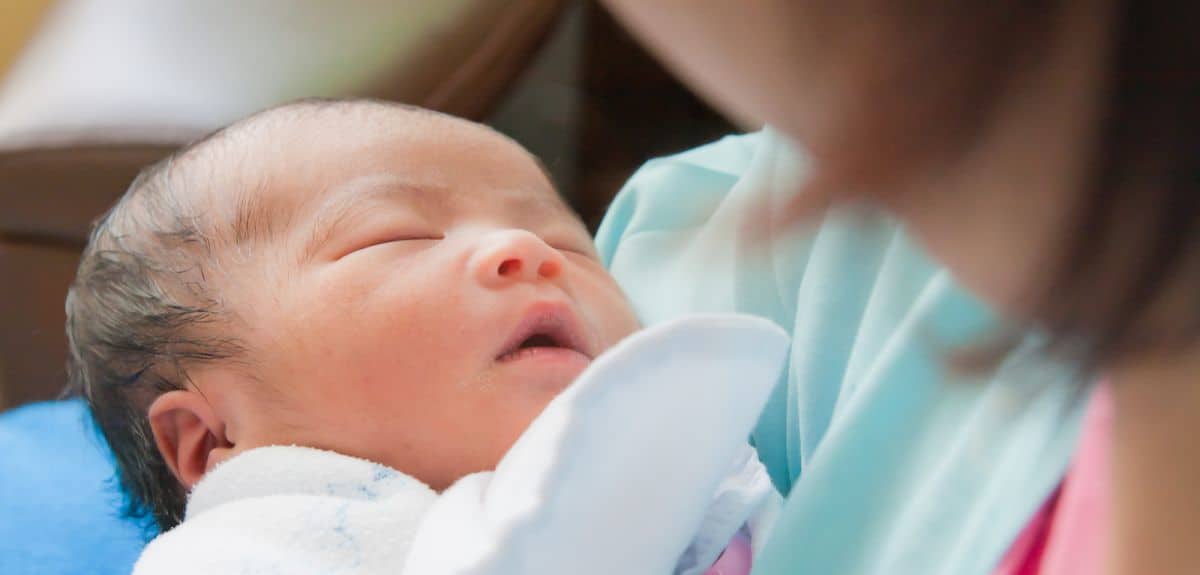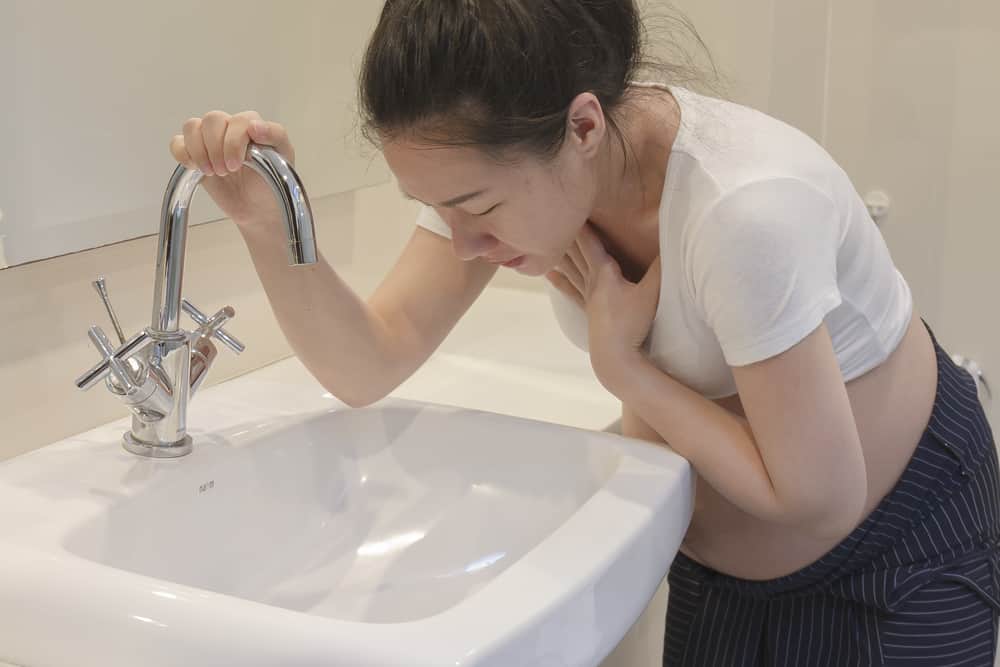Contents:
- Medical Video: How Much Sleep Do You Actually Need?
- 1. "Snoring is normal and harmless"
- 2. "Sleep time can be‘ dijamak '"
- 3. "Turning on the radio, opening a window, or turning on the air conditioner is an effective way to get rid of sleepiness when driving"
- 4. "Poor sleep quality will not cause dangerous diseases"
- 5. "Sleepiness during the day always means you don't get enough sleep"
- 6. "The more you age, the less sleep time you need"
- 7. "During sleep, our brains rest"
Medical Video: How Much Sleep Do You Actually Need?
Humans spend one third of their life time sleeping. In terms, sleep is a natural state of rest that is important for health. Unfortunately, too many sleep related myths are trusted by us; here are some common myths about sleep that you need to know.
1. "Snoring is normal and harmless"
Snoring aka snoring is a hoarse voice, usually in the form of a strong breath, caused by the vibration of the throat that occurs during sleep. Snoring occurs when airflow through your nose and mouth is blocked. Although snoring is common, especially among men, and may not be harmful to most people, however, the habit of snoring during sleep can be a symptom of sleep apnea which can interfere with the quality of your sleep, especially if accompanied by heavy daytime sleepiness.
Sleep Apnea is a sleep disorder that interferes with a person's breathing during sleep. This condition is a serious illness especially if left untreated, because it can cause a person to stop breathing. Sleep apnea is usually characterized by pauses in breathing that prevent air from flowing in or out of the airways. People with sleep apnea will also often wake up in the middle of the night. Respiratory respiration from sleep apnea can reduce blood oxygen levels, the heart and the cardiovascular system, thereby increasing the risk of cardiovascular disease.
In addition, the habit of snoring has been directly linked to hypertension. If you experience sleep apnea, you should treat it by consulting a doctor.
2. "Sleep time can be‘ dijamak '"
You know that adults need about 7-8 hours of sleep to optimally restore the body's condition. Unfortunately, all the activities that must be undertaken sometimes force you to sleep less than the recommended time, maybe even you only sleep about 3-4 hours. So, often if you have free time, you will "mushroom" or accumulate your sleep debt.
Unfortunately, this is not the right thing to do, because if you get used to it, your sleep time will be chaotic. Also, too little or too much sleep is not good for your health.
3. "Turning on the radio, opening a window, or turning on the air conditioner is an effective way to get rid of sleepiness when driving"
When driving, it is not uncommon for you to feel sleepy. Usually, to get rid of drowsiness you will turn on the radio, open the car window, or turn on the air conditioner in the car. But unfortunately, this cannot repel sleep. Therefore, if you really feel sleepy while driving, try to rest first in a safe resting place and take a nap about 15-45 minutes. Or, to prevent drowsiness when driving you should sleep enough nights before driving.
4. "Poor sleep quality will not cause dangerous diseases"
This opinion is inappropriate, because a study found that there was a relationship between the quantity and quality of one's sleep, and various health problems. For example, lack of sleep affects growth hormone secretion associated with obesity. This happens because the amount of hormone secretion decreases will have an impact on weight gain.
In addition, when you sleep, blood pressure will usually decrease, so that disturbed sleep can affect the decline in normal blood pressure, which can lead to hypertension and cardiovascular problems. Other studies have also found that lack of sleep can interfere with the body's ability to use insulin, which can cause diabetes.
5. "Sleepiness during the day always means you don't get enough sleep"
Have you ever felt very sleepy during the day even though you have had enough sleep at night? Yes, this often happens. But apparently, daytime sleepiness is not caused by your lack of sleep at night. Daytime sleepiness even though you get enough sleep at night can be a sign of a medical condition or sleep disorder such as narcolepsy or sleep apnea.
6. "The more you age, the less sleep time you need"
Unfortunately, this opinion is not right. Because, as you get older, what changes is just your sleep pattern, not the sleep time you need.
7. "During sleep, our brains rest"
All you have to know is that while sleeping, your brain will remain active. Your brain will be "refilled" aliaschargeduring the sleep process, and your brain can still process information and is still in charge of controlling many bodily functions including breathing.












